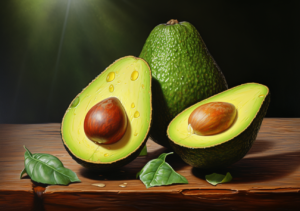Introduction
Kombucha, once an ancient fermented drink, has taken a transformative journey, evolving from a traditional beverage to a contemporary health trend. This transition has been driven by a fusion of cultural history, scientific intrigue, and the surge in wellness consciousness.
Cultural Roots and Global Odyssey
Originating in East Asia over two millennia ago, kombucha embarked on a journey through trade routes, eventually reaching Western societies in the 20th century. However, its presence remained subdued until the 21st-century wellness movement catapulted it into the spotlight.
The Wellness Renaissance: Kombucha’s Resurgence
While it remained largely unknown, kombucha found its moment in the wellness renaissance of the 21st century. Positioned as a probiotic-rich elixir, it resonated with health-conscious consumers seeking natural solutions for digestion, immunity, and antioxidant intake.
Scientific Curiosity Fuels Interest
Although scientific research on kombucha’s health benefits is ongoing, early studies suggested potential advantages, prompting curiosity and increasing consumer interest. Its enigmatic allure was backed by the promise of aiding overall well-being.
Flavorful Versatility and Commercial Success
Beyond its health claims, kombucha’s tangy flavor and versatility as a refreshing beverage contributed to its commercial triumph. Brands capitalized on its appeal, offering an array of flavors and formulations, from classic tea blends to innovative fruit infusions.
Social Media Buzz and Aesthetics
Kombucha’s journey to modern stardom was amplified by the visual allure of vibrant bottles and do-it-yourself fermentation processes showcased on social media platforms. Instagram-worthy snapshots created a buzz, extending its reach from the fringes to the mainstream.
A Reflection of Contemporary Values
Kombucha’s success mirrors a societal shift toward prioritizing organic, fermented, and functional foods. As a result, it seamlessly aligns with a culture that values health, wellness, and conscientious consumption, making it more than just a beverage.
Conclusion
Kombucha’s transformation from ancient brew to contemporary wellness phenomenon is a testament to its adaptability and relevance. By merging tradition, science, and modern preferences, kombucha has transcended its origins to become a lifestyle choice that embodies the evolving values of health-conscious individuals. When you encounter kombucha on store shelves or social media feeds, you’re witnessing a beverage that has navigated the currents of time to become a symbol of holistic wellness in the modern age.


